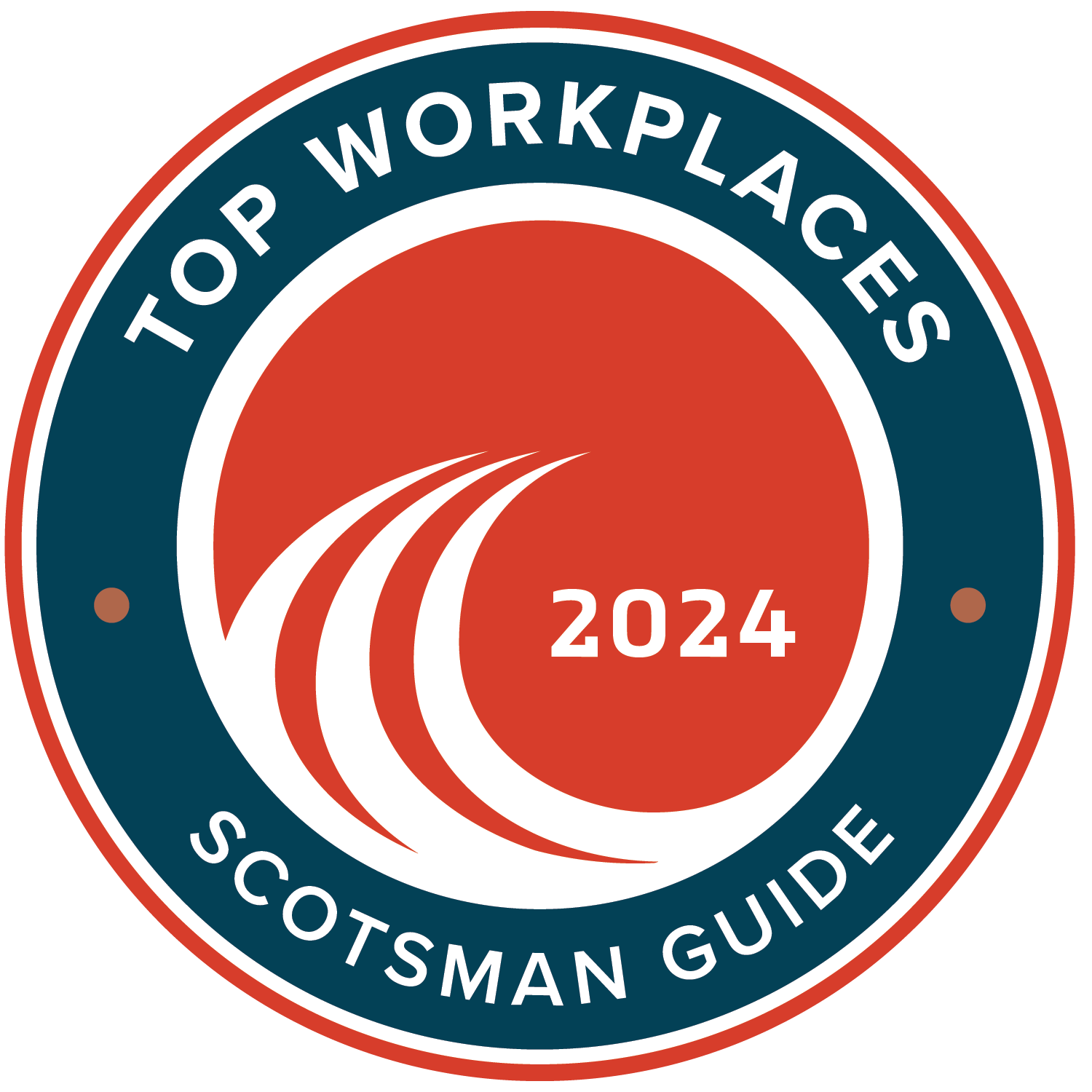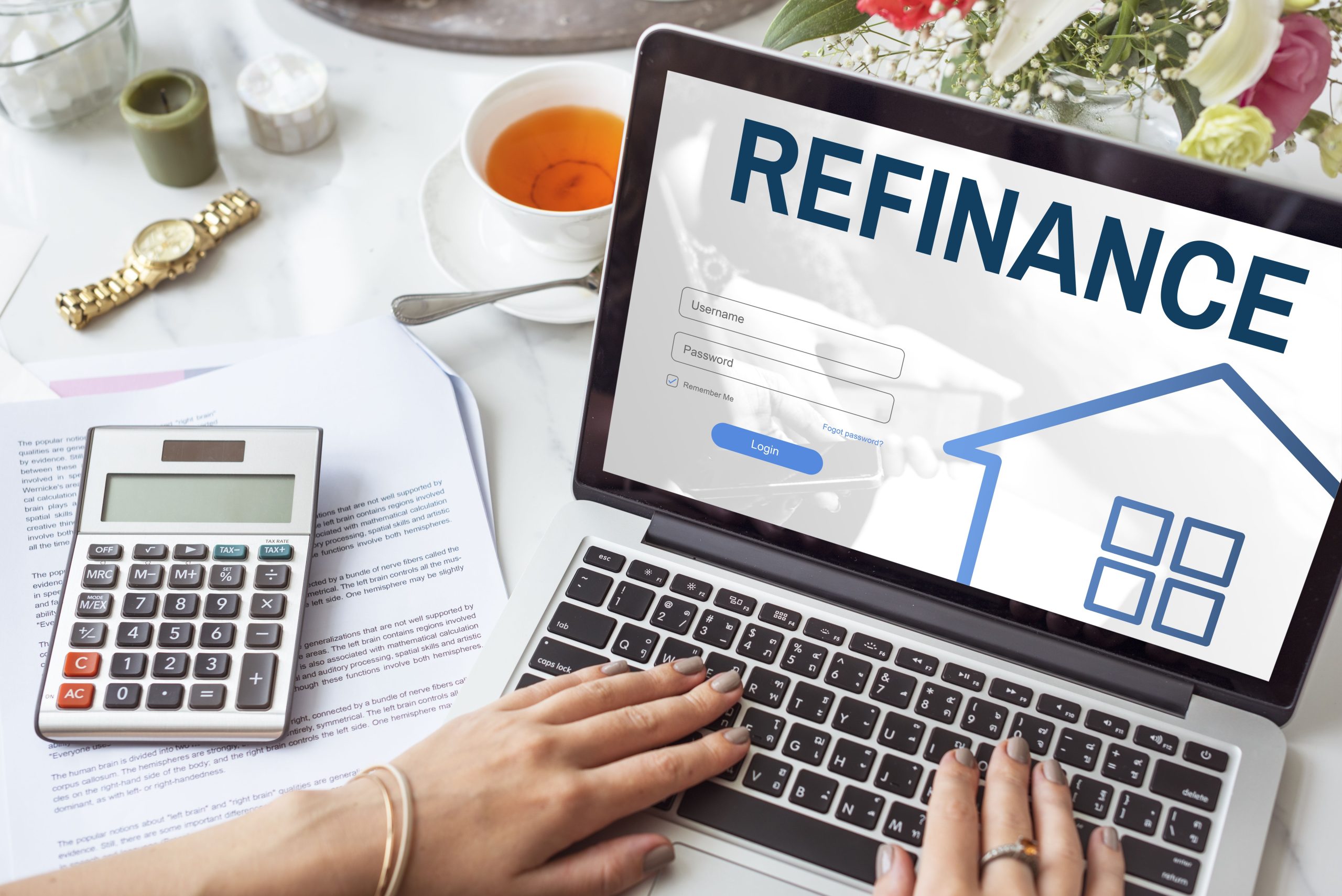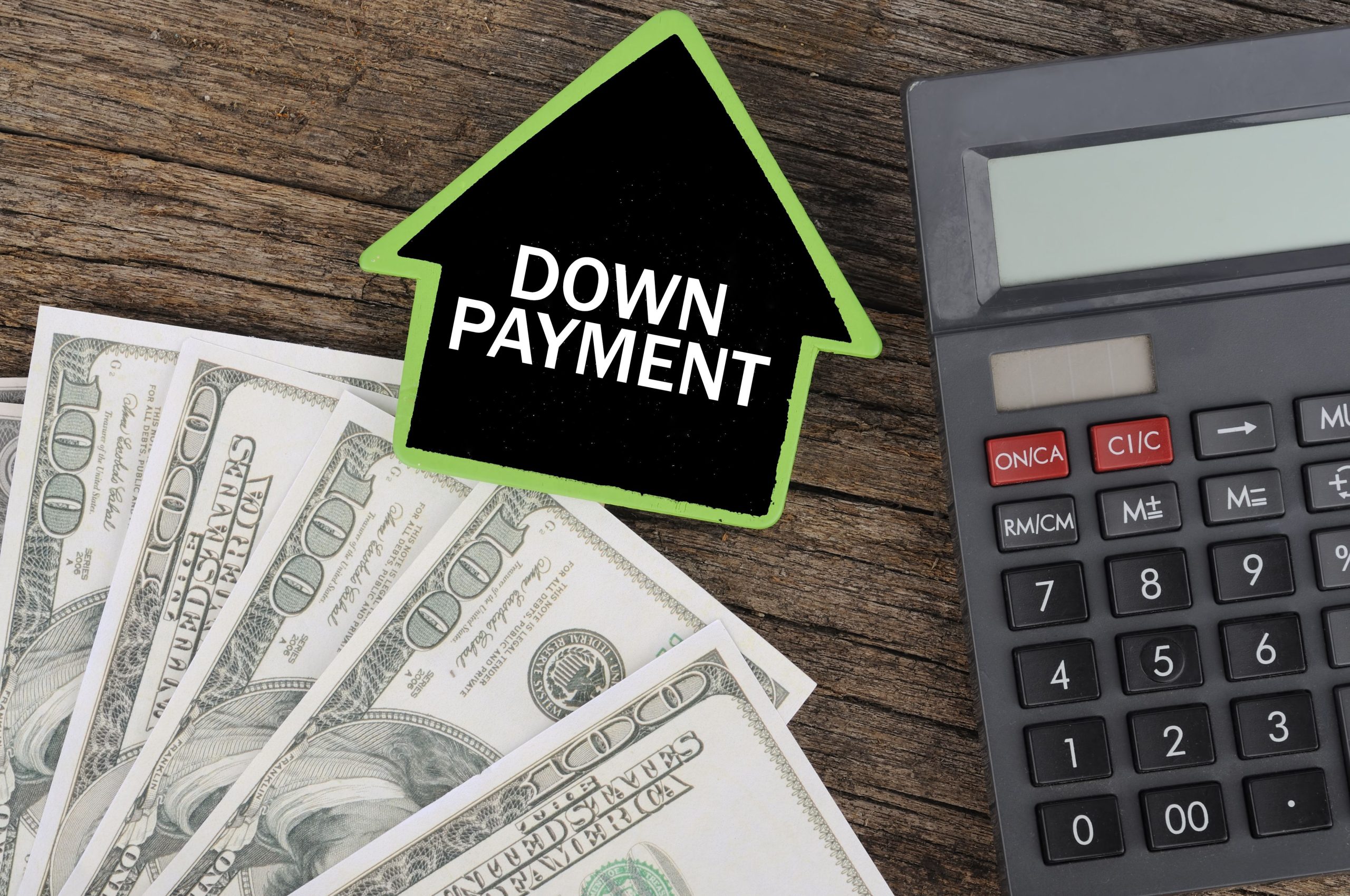At Reliant Mortgage, we understand that loan officers are the backbone of the mortgage industry…

The Pros and Cons of Adjustable-Rate Mortgages
Adjustable-rate mortgages (ARMs) are a type of home loan that offers an interest rate that can change periodically. While ARMs can be advantageous in certain situations, they also come with potential drawbacks. Let’s explore the pros and cons of adjustable-rate mortgages.
Pros:
- Initial Lower Rates: ARMs often start with lower interest rates compared to fixed-rate mortgages. This can result in lower monthly payments initially, making homeownership more affordable at the outset.
- Potential Savings: If interest rates remain stable or decrease over time, borrowers could save money compared to fixed-rate mortgages. This is especially true if you plan to sell or refinance before the adjustable period begins.
- Short-Term Housing: For those who plan to own a property for a short period, like a few years, an ARM can provide cost savings without the risk of a rate increase if you move before the adjustable period kicks in.
Cons:
- Rate Volatility: The primary disadvantage of ARMs is their uncertainty. After the initial fixed-rate period (often 5, 7, or 10 years), the interest rate can adjust annually. This could lead to significant payment increases if market rates rise.
- Payment Shock: When the interest rate adjusts, borrowers may face payment shock—sudden and substantial payment increases that strain their budget. This can lead to financial stress and even risk of default.
- Market Dependency: ARMs are tied to market indexes. If market rates rise, your interest rate and monthly payments will increase. This lack of predictability can make budgeting and financial planning challenging.
- Long-Term Costs: If interest rates rise consistently over time, the cost of an ARM could surpass that of a fixed-rate mortgage. This is especially concerning if you intend to stay in the home beyond the initial fixed period.
- Refinancing Difficulties: If market rates rise significantly, it might be harder to refinance to a fixed-rate mortgage, potentially leaving you locked into higher payments.
Conclusion:
Adjustable-rate mortgages offer initial savings and potential advantages for short-term homeowners and those who anticipate falling interest rates. However, they come with the risk of payment shock, market dependency, and potential long-term cost increases. When considering an ARM, it’s crucial to evaluate your financial stability, risk tolerance, and the possibility of rate fluctuations. For those who prioritize stability and plan to stay in their homes for an extended period, a fixed-rate mortgage might provide more peace of mind. Always consult with financial professionals to make an informed decision tailored to your specific circumstances.




